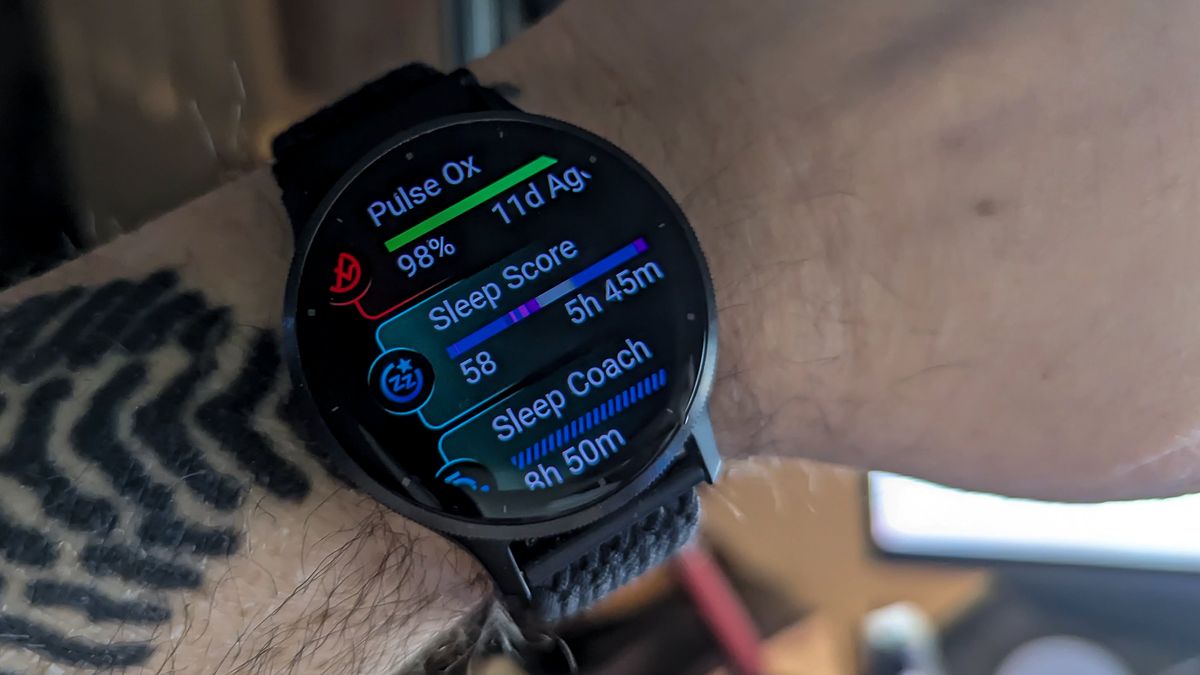World
Yankees’ Game 3 starter faces daunting task of World Series revival: ‘Must-win at this point’

Clarke Schmidt watched, but occasionally his eyes would drift. Seated at the far end of the New York Yankees’ dugout, Schmidt would see the pitch and how the play unfolded, and then he’d glance around at the sold-out crowd at Dodger Stadium. He’d look at the lights and the scoreboard and the enormity of the World Series.
“Getting a feel for the atmosphere,” the Yankees righthander said over the weekend, “getting a feel for the pace of the game and paying attention to small things as much as possible.”
For Schmidt, Games 1 and 2 were more than Yankees defeats. They were learning moments ahead of a daunting assignment, one that has been aced by the likes of Whitey Ford and Don Larsen; Johnny Podres and Fernando Valenzuela; Bret Saberhagen and Bob Ojeda; Ron Guidry and David Cone. Each of those pitchers were among those who successfully rescued their teams from the specific kind of doom now facing the Yankees.
With those losses in L.A., the Yankees became the 56th team in the history of the World Series to fall behind 0-2 in a best-of-seven contest. Just 10 of those teams have rallied to win it all. If the Yankees are to become the 11th, Schmidt must stand up to the kind of moment that remains embedded in the memory of those who have faced it before.
“It’s like it was yesterday, when I saw the Dodgers won,” Steve Blass said on Sunday afternoon, the recollections coming back as he watched this year’s Fall Classic. In the 1971 World Series, with his Pittsburgh Pirates trailing the formidable Baltimore Orioles 2-0 in the series, Blass fired a complete game gem in Game 3. Thus began the kind of comeback that the Yankees hope to muster.
“No one said it’s going to be easy,” manager Aaron Boone said. “It’s a long series, and we need to make it a long series now. We won’t flinch. We’ve just got to keep at it.”
Game 3 saviors
| Team | Opponent | Year | Winning pitcher | Result |
|---|---|---|---|---|
|
Yankees |
1955 |
Johnny Podres |
CG, 1 ER |
|
|
Dodgers |
1956 |
Whitey Ford |
CG, 2 ER |
|
|
Braves |
1958 |
Don Larsen |
7 IP, 0 ER |
|
|
Twins |
1965 |
Claude Osteen |
SHO |
|
|
Orioles |
1971 |
Steve Blass |
CG, 1 ER |
|
|
Dodgers |
1978 |
Ron Guidry |
CG, 1 ER |
|
|
Yankees |
1981 |
Fernando Valenzeula |
CG, 4 ER |
|
|
Cardinals |
1985 |
Bret Saberhagen |
CG, 1 ER |
|
|
Red Sox |
1986 |
Bob Ojeda |
7 IP, 1 ER |
|
|
Braves |
1996 |
David Cone |
6 IP, 1 ER |
Blass, 82, recalled how he had “my face ripped off” during a horrendous NLCS against the San Francisco Giants, during which he allowed nine runs over just seven innings in two starts. He didn’t know if he was going to get another chance, but he remembered being “obsessed” about getting the ball again. One question occupied his mind: “Am I good enough?”
“I said, if I get the chance, I’m going to revert and be the pitcher that I was — that got me to the big leagues,” said Blass, who was aware of the stakes.
The math was as straightforward back then as it is now: no team in World Series history has ever come back from a 3-0 deficit. “If you lose Game 3, you’re not going to win four in a row after that,” he said. “It was a game we literally had to win. And I pitched the game of my life.”
After that game, Blass’ father jumped onto the Pirates dugout and then onto the field. Just five days later, Blass pitched another complete game to win Game 7, proving once more that a comeback was possible.
Now, the Yankees need Schmidt to be the next in line.
Schmidt, 28, has been mostly reliable for the Yankees. He went 5-5 with a 2.85 ERA in 16 starts during the regular season that were sandwiched around a stint on the 60-day injured list due to a right lat strain. In Schmidt’s two playoff starts, the Yankees won one and lost the other, though each time he went 4 2/3 innings while surrendering two earned runs. He called the pressure going into his next assignment just a “part of the game.”
“Coming into this, we knew that we can’t really have any type of expectations,” he said. “Anything can happen in this game. Down 1-0, down 2-0, whatever the situation may be, we’ve got to go out and win a ballgame. We’ll be excited to be back home in front of the crowd.”
If he needs motivation, Schmidt can look to his own franchise.
Of the Yankees’ 27 World Series championships, four have come after falling behind 0-2 to begin a seven-game series. The first instance came in 1956, when the Brooklyn Dodgers put themselves in position to make it back-to-back wins in the Fall Classic, only for Whitey Ford to save the Yankees in Game 3. It happened again in 1958, when the Milwaukee Braves seized the early advantage, only to falter in seven games thanks to the Game 3 heroics of the Yankees’ Don Larsen.
Or, Schmidt could look back to 1978. That season, the Yankees found themselves in this exact same situation, down 2-0 to the Dodgers in the World Series, coming off a tough loss in Los Angeles before boarding a long flight back to the East Coast. Before the team took infield prior to Game 3, Thurman Munson called a brief team meeting on the field.
“When he first started talking … it was something to the effect of, ‘I wouldn’t mind losing to the Dodgers,’” said then-Yankees pitcher Ron Guidry. “In itself, that gets your attention, because you think he’s giving up. But what he meant to say was, ‘I wouldn’t mind losing to the Dodgers if they just beat us. But we’re beating ourselves.’”
Thurman Munson and Ron Guidry after Game 3 of the 1978 World Series. (Heinz Kluetmeier/Sports Illustrated via Getty Images)
The Yankees promptly stopped beating themselves. Guidry, now 74, had a lot to do with it. He would win the AL Cy Young that year, and in Game 3 he looked the part. Before the start, he recalled the words of Munson, who told his teammates that if Guidry could do his part, the Yankees could sweep the series. It played out just as the catcher had imagined — Guidry allowed just one run in a complete game victory and the Yankees would not lose again on the way to a championship.
It would take 18 years, but the Yankees’ next title would come in much the same manner.
In 1996, the Yankees lost the first two games at home to the Braves before heading off to Atlanta.
“We were embarrassed at home in the first two games and the general feeling was we were overmatched by the Braves,” said former Yankees right-hander David Cone, who drew the critical assignment for Game 3. “I was more determined than nervous before the start.”
That determination showed when Cone lasted six innings while giving up just one run.
“We knew if we could win Game 3, that hope would be restored,” Cone said of a victory that would launch a dynasty. “The pressure was immense and every pitch mattered. That game got our pride back.”
The Yankees could go for a restoration of pride. The team’s return to the game’s grandest stage has been bumpy. Playing in their first World Series since 2009, the Yankees have been burned by gaffes in the field, and an offense that has been handcuffed, thanks in part to the massive struggles of Aaron Judge. A quick turnaround is needed for the Yankees to have any hope of securing their first title in 15 years.
In Los Angeles, Schmidt absorbed the sights and the sounds of an epic World Series. Now, for the Yankees to survive, Schmidt must put those lessons to work in Game 3.
“Every game is probably must-win at this point,” Schmidt said. “But we’re down two. We know we have to keep fighting and win the next game.”
(Top photo of Clarke Schmidt: Maddie Meyer/Getty Images)








